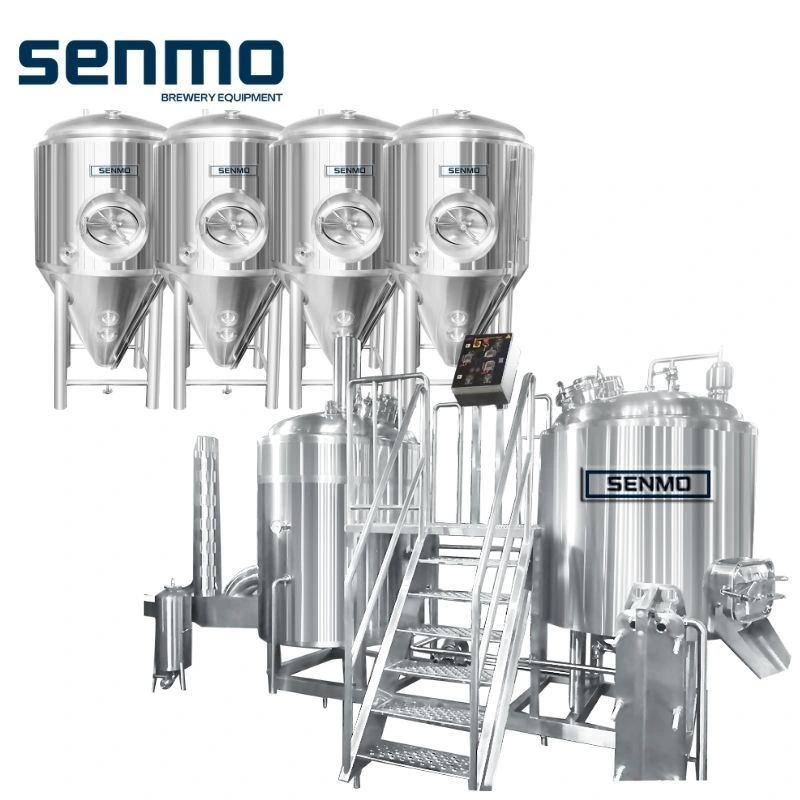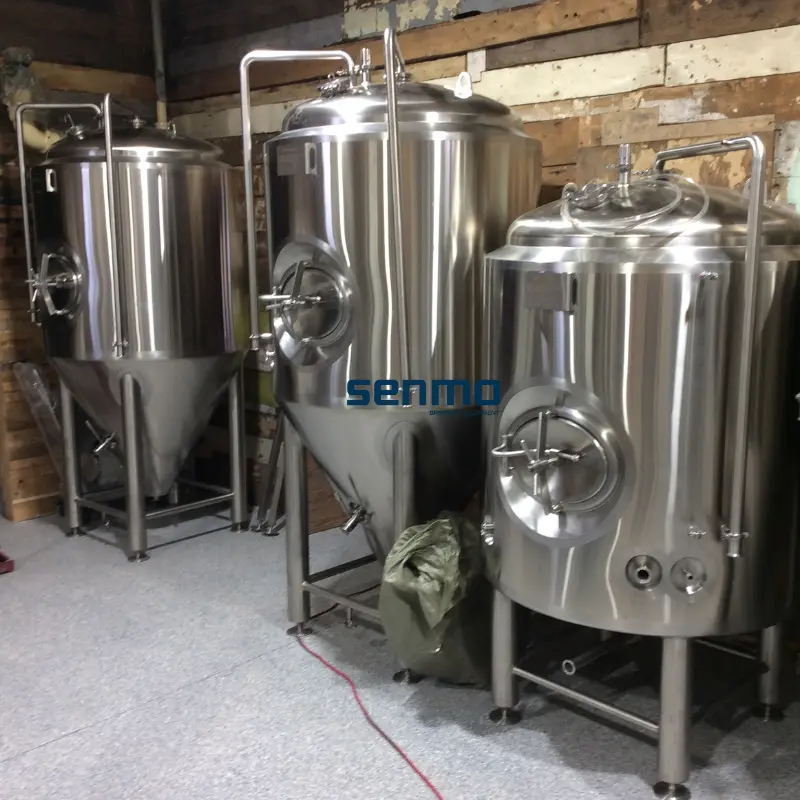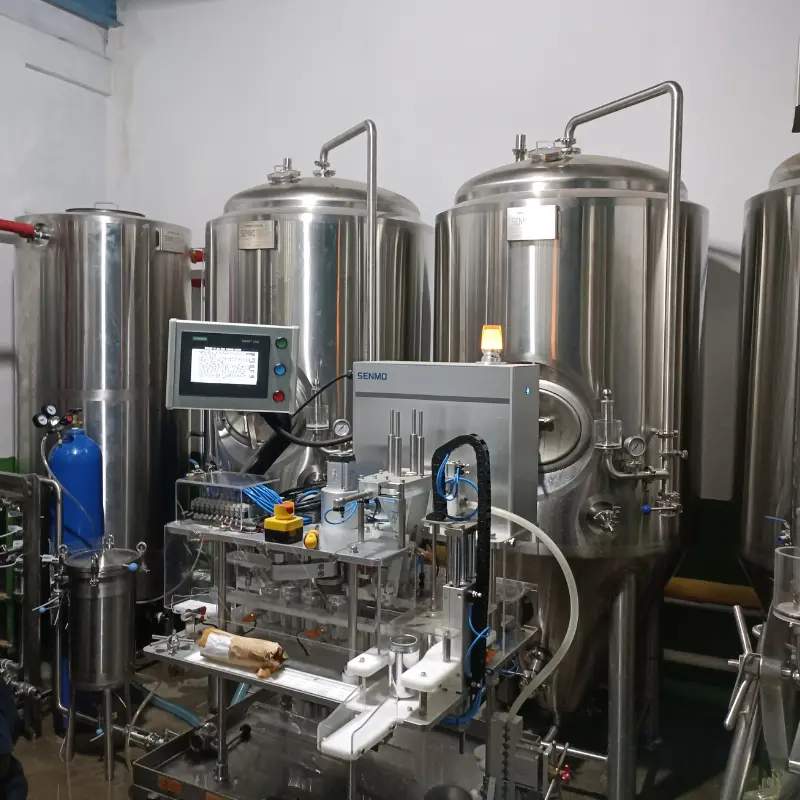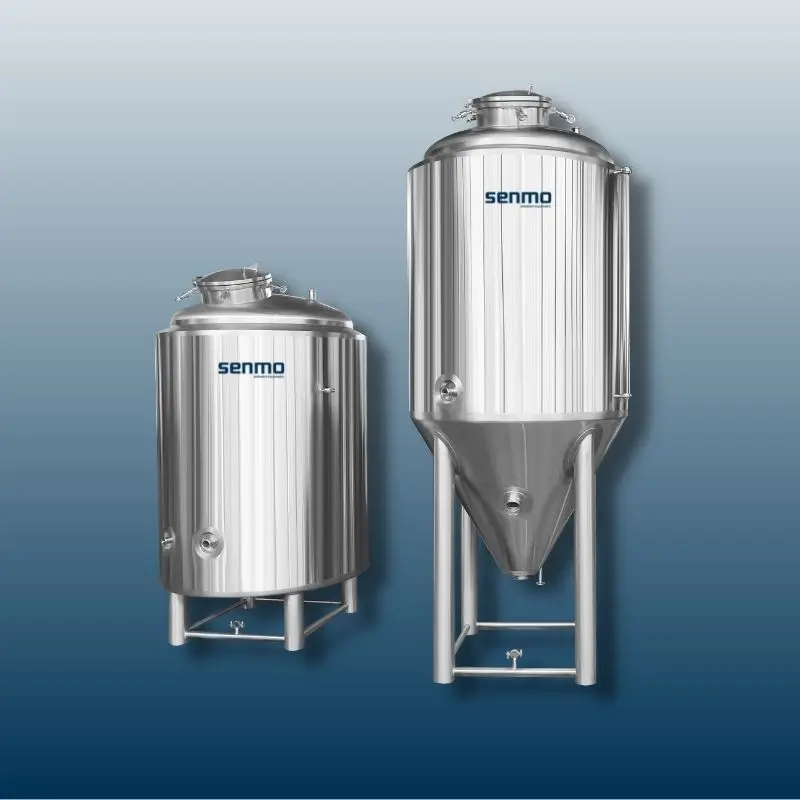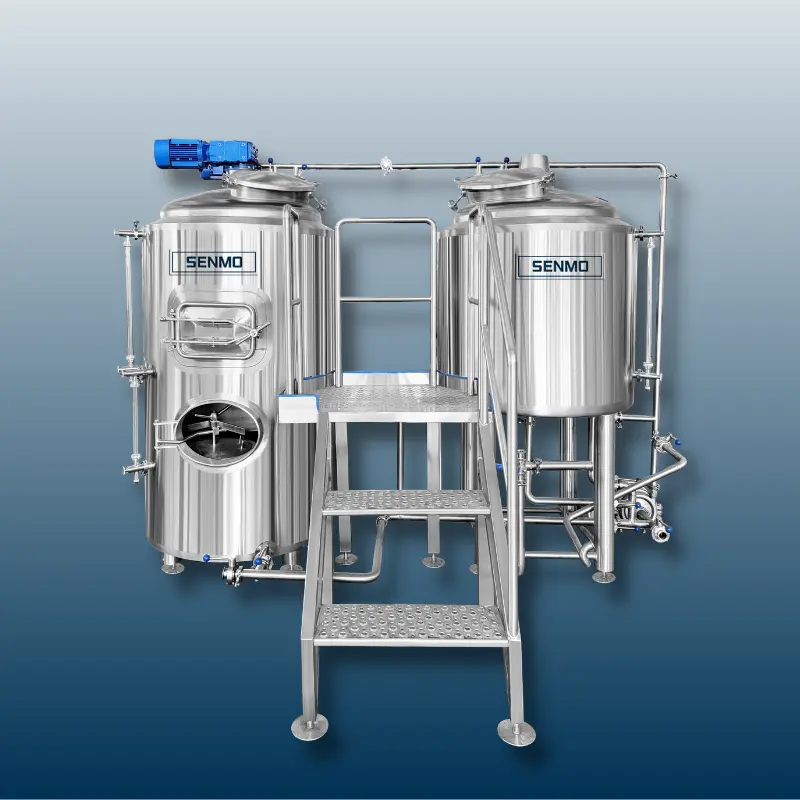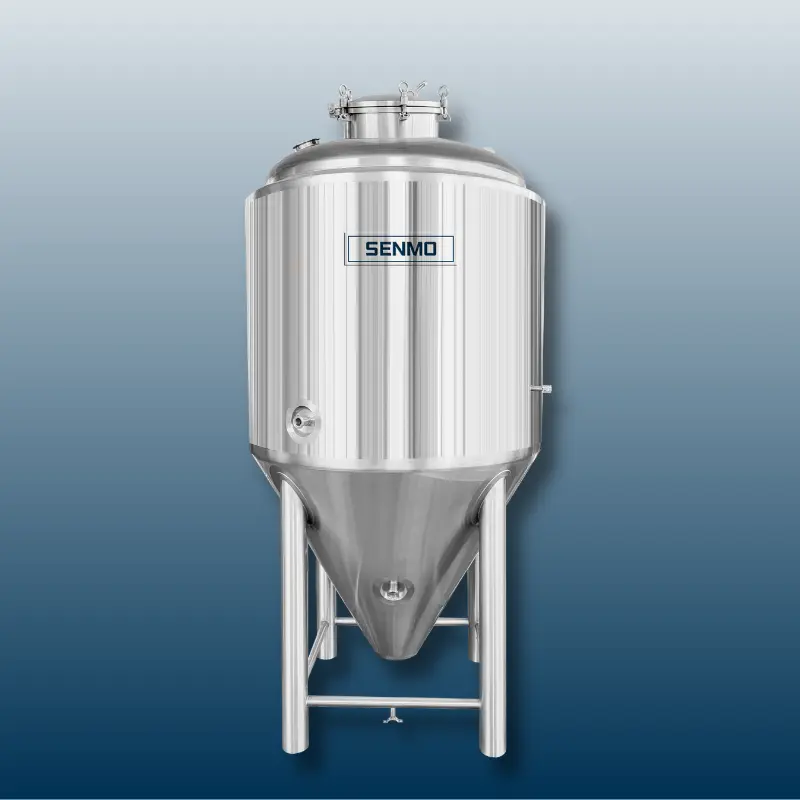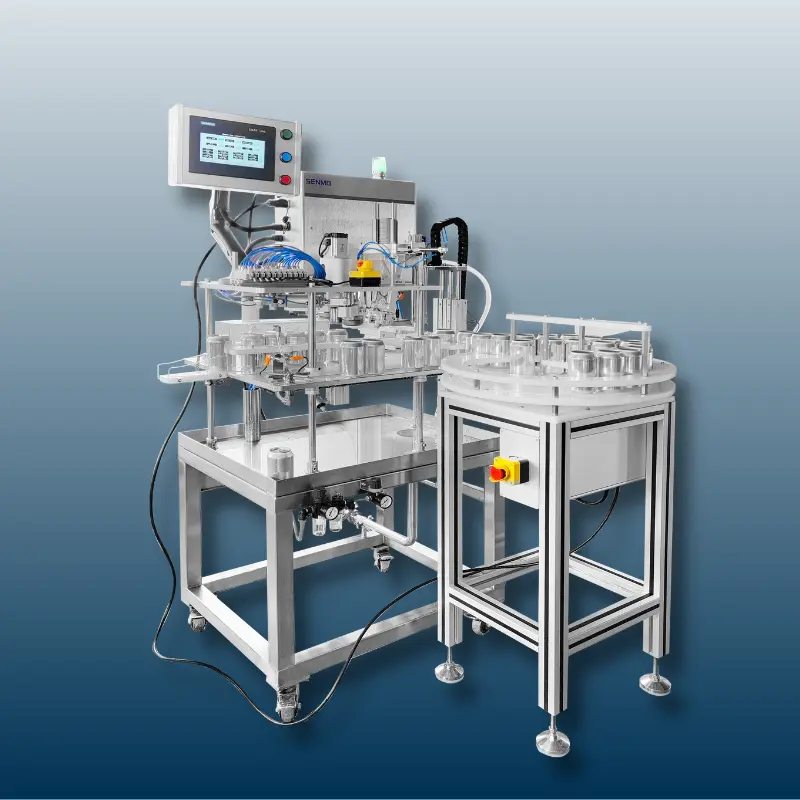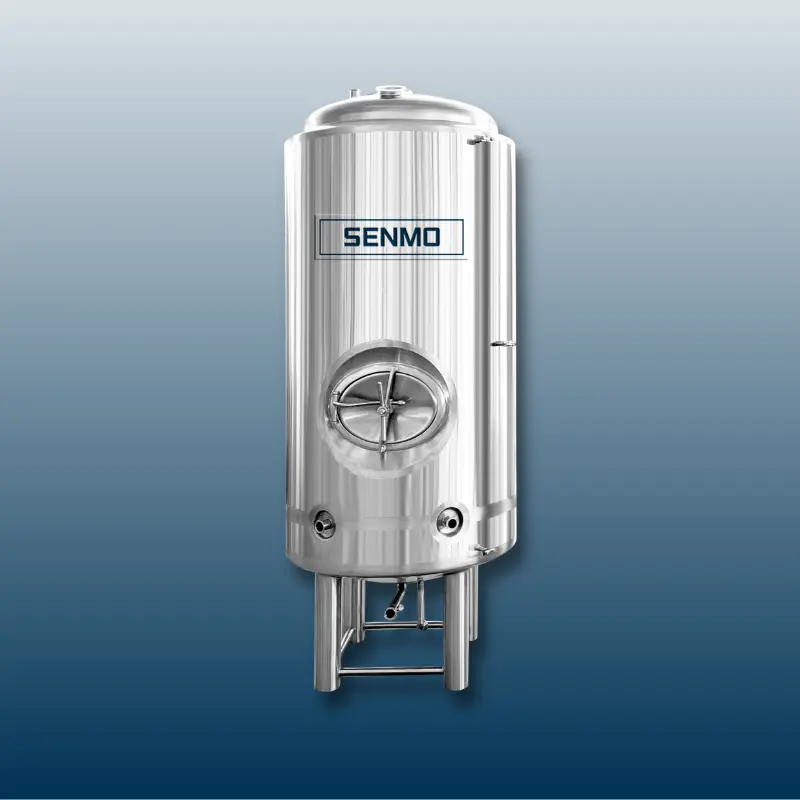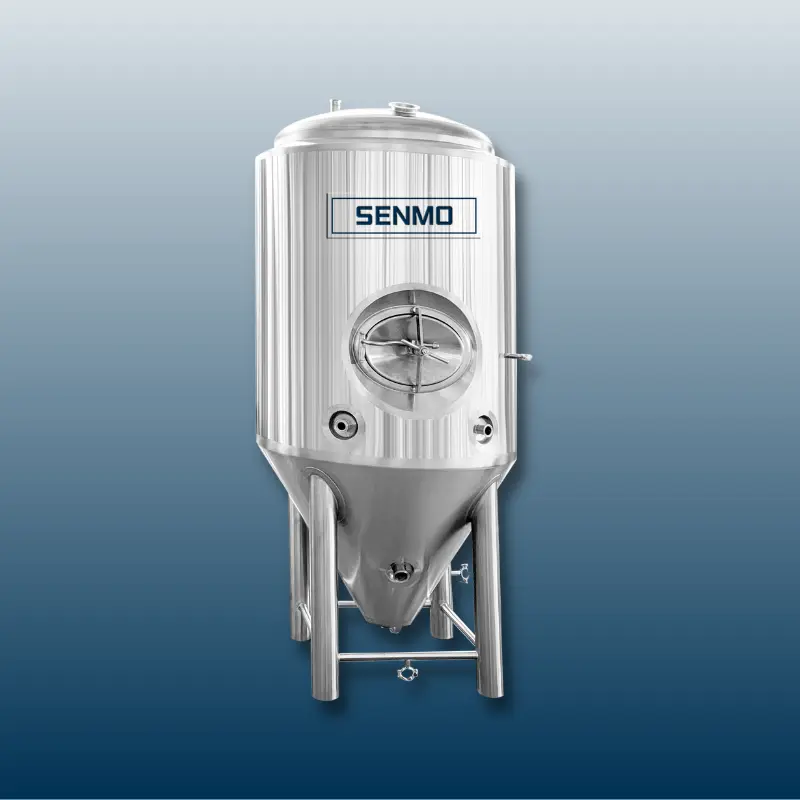Microbrewery equipment list
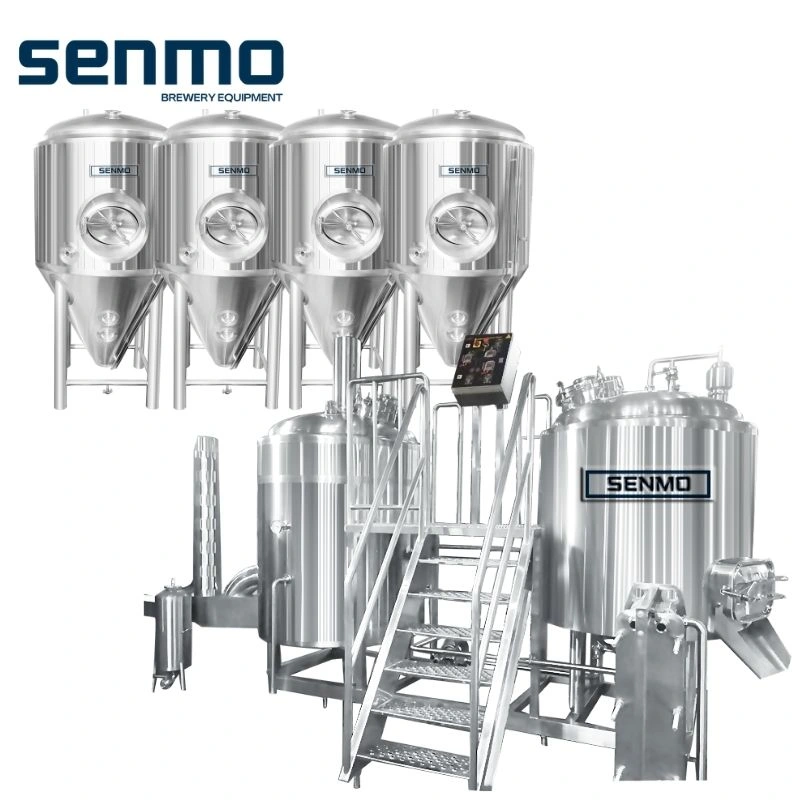
A typical microbrewery equipment list can vary depending on the size and needs of the brewery, but the following are the most common pieces of equipment:
Brewhouse: This is the heart of the brewery, where the beer is brewed. A brewhouse typically includes a mash tun, a brew kettle, and a hot liquor tank.
Fermentation tanks: After the wort is brewed, it is transferred to fermentation tanks, where yeast is added to ferment the sugars in the wort and create alcohol.
Conditioning tanks: After fermentation is complete, the beer is transferred to conditioning tanks for further maturation and clarification.
Glycol chilling system: This is used to control the temperature of the beer during fermentation and conditioning.
Bright tanks: These are used to hold the finished beer before it is packaged and sold.
Kegging equipment: This includes kegs, couplers, and taps for serving beer on tap.
Bottling equipment: This includes a bottling machine, bottles, caps, and labels.
CIP (clean-in-place) system: This is used to clean and sanitize the brewing equipment.
Pumps: These are used to move beer and other liquids between the various vessels and tanks in the brewery.
Hoses and fittings: These are used to connect the various pieces of equipment and transfer beer and other liquids.
Grain mill: This is used to grind the malted barley and other grains used in brewing.
Boiler: This is used to heat the water that is used in the brewing process.
Compressed air system: This is used to power various pieces of equipment, such as pumps and valves.
Testing equipment: This includes pH meters, hydrometers, and other instruments used to measure the quality and characteristics of the beer.
Control panel: This is used to monitor and control the brewing process, including temperature, flow rate, and other variables.
Here is a list of common stainless steel microbrewery equipment parts
Mash tun: Used for mixing hot water and crushed grains to create a mash, which is the foundation for brewing beer.
Boil kettle: Used for boiling the wort, which is the liquid extracted from the mash.
Fermenters: Stainless steel tanks used for fermenting the beer. They come in various sizes, from small pilot-scale to large commercial-scale tanks.
Glycol chiller: Used to control the temperature of the fermenters and other equipment, such as the bright tank and the beer lines.
Bright tank: Used for clarifying and carbonating the beer before it is packaged.
CIP system: A cleaning system used to clean and sanitize the equipment between batches.
Pumps: Used for transferring liquids between different pieces of equipment, such as the mash tun, the boil kettle, and the fermenters.
Heat exchanger: Used for cooling the hot wort before it is transferred to the fermenters.
Carbonation stone: Used to carbonate the beer in the bright tank.
Piping and valves: Used to connect the various pieces of equipment and control the flow of liquids.
What should I pay attention to when using Microbrewery equipment?
When using Microbrewery equipment, here are some important things to keep in mind:
Sanitation: Proper sanitation is crucial to the brewing process. Ensure that all equipment and surfaces are thoroughly cleaned and sanitized before and after use.
Water Quality: The quality of water used in brewing affects the final taste and quality of the beer. Ensure that the water used is clean and free from any contaminants.
Temperature Control: Temperature control is important in the brewing process, as it affects the yeast activity and fermentation. Ensure that the temperature is consistent and accurate throughout the process.
Ingredient Quality: Using high-quality ingredients, including malt, hops, and yeast, can greatly impact the taste and quality of the beer.
Brewing Time: Brewing times can vary depending on the style of beer being brewed. It's important to follow the appropriate brewing time and process for the specific beer style.
Maintenance: Regular maintenance and cleaning of the equipment are essential to ensure that it operates efficiently and produces high-quality beer.
Safety: Always follow safety procedures when using brewing equipment, including wearing protective gear and handling hot liquids and equipment with care.
By paying attention to these important factors, you can ensure that your Microbrewery equipment produces high-quality beer every time.
How to maintain Microbrewery equipment?
Proper maintenance of Microbrewery equipment is crucial to ensure its longevity and to produce high-quality beer consistently. Here are some tips for maintaining your Microbrewery equipment:
Clean and Sanitize Regularly: Regular cleaning and sanitation of all equipment and surfaces is critical to prevent contamination and ensure consistent quality. Clean and sanitize all equipment after each use, and deep clean at regular intervals.
Check for Leaks: Regularly inspect all fittings, hoses, and valves for leaks or damage, and repair or replace as necessary.
Lubricate Moving Parts: Lubricate all moving parts to prevent wear and tear, and ensure that they operate smoothly.
Monitor Temperature: Regularly monitor and calibrate temperature gauges and sensors to ensure that the equipment is operating at the correct temperature.
Check for Wear and Tear: Regularly inspect equipment for signs of wear and tear, such as cracks, rust, or corrosion, and repair or replace as necessary.
Follow Manufacturer's Instructions: Always follow the manufacturer's instructions for maintenance and cleaning of the equipment.
Train Staff: Ensure that all staff members are properly trained in the use and maintenance of the equipment, and that they follow proper procedures to prevent damage and ensure consistent quality.
By following these tips, you can help to ensure that your Microbrewery equipment operates smoothly and produces high-quality beer consistently.
